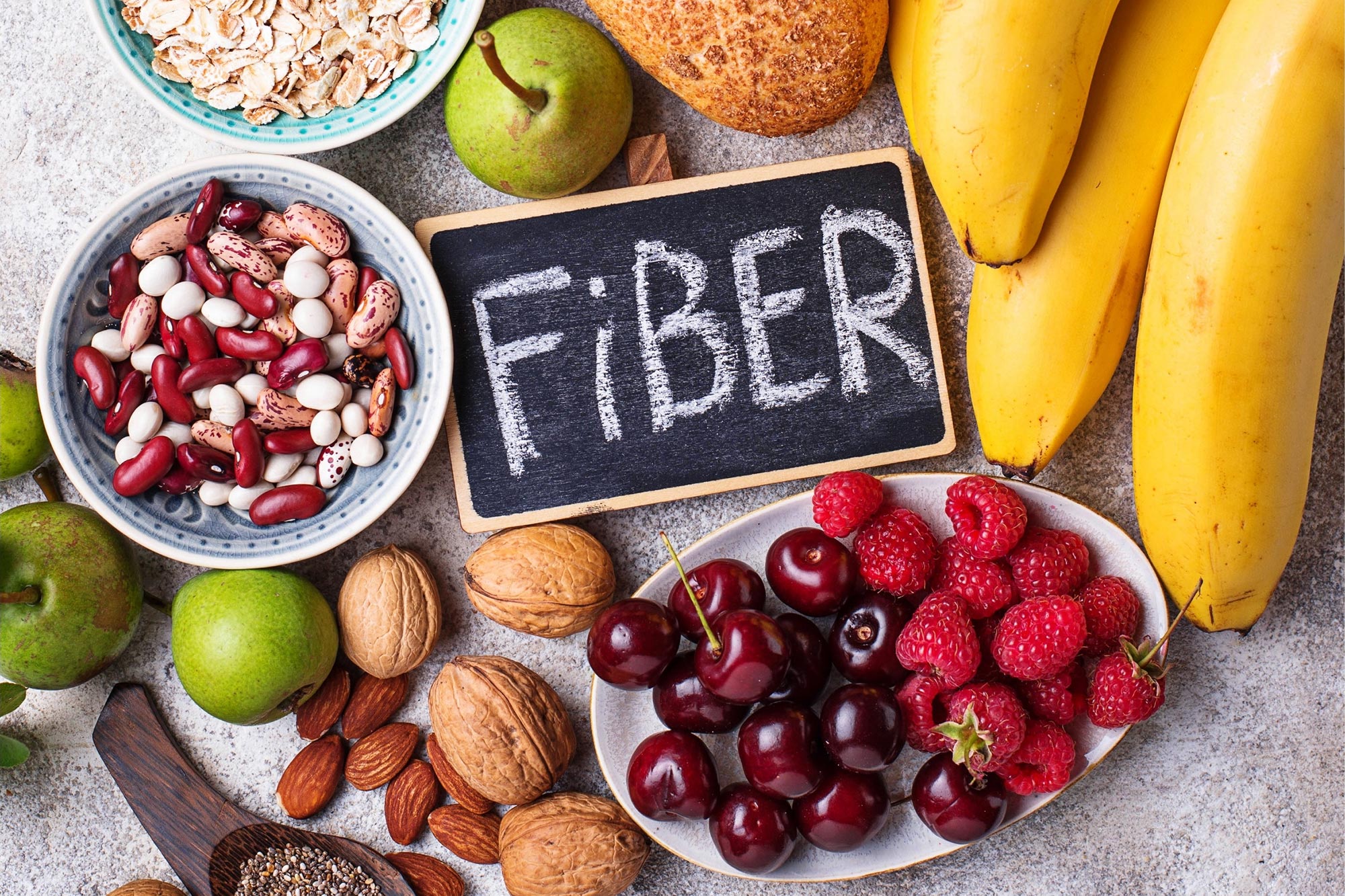Not All Dietary Fibers Are Equal – Health Benefits of Dietary Fiber Vary

In accordance to a new investigation analyze, the wellness added benefits of nutritional fiber range throughout individuals and may possibly count on the particular style of fiber and the dose consumed.
Scientists disclosed in the journal Cell Host & Microbe on April 28th, 2022, that the wellness positive aspects of dietary fiber range in between people today and may perhaps rely on the specific form of fiber and the dose taken.
“Our effects reveal that the physiological, microbial, and molecular outcomes of specific fibers vary significantly,” claims senior examine creator Michael Snyder, a geneticist at Stanford School of Medication. “Further, our success show the tantalizing prospect of utilizing specific fibers, mediated by the microbiome, to generate wellness and methods biology in a predictable, customized direction.”
Significant-fiber diets cut down the risk of coronary heart assault, stroke, and cardiovascular illness. They act by lowering cholesterol and advertising a more healthy lipid profile for men and women taking in a Westernized diet program. Nutritional fibers are carbohydrates that are selectively metabolized by intestine microbes but are otherwise indigestible by people. Comprehension how they impact the microbiome and in switch human biochemistry and physiology is significant for correctly utilizing dietary fiber supplementation to boost human wellbeing.
Chemically, fibers are numerous in length, branching, cost, solubility, and other houses. “They are typically researched as advanced mixtures from their plant source,” Snyder claims. “There is a have to have for analyzing the unadulterated consequences of specific fibers on the microbiome and for establishing connected overall health biomarkers, preferably by testing various fibers on the similar individuals.”
To address this require, Snyder and his colleagues set out to realize how purified specific fiber factors have an impact on the very same team of individuals. Especially, they investigated the physiological effects of nutritional supplementation with two frequent and structurally distinctive soluble fibers: arabinoxylan (AX), which is frequent in complete grains, and long-chain inulin (LCI), which is located in onions, chicory root, and Jerusalem artichokes.
The researchers applied stool metagenomics,
Two limitations of the study were its short duration and the small number of participants. But according to the authors, the study provides insights into mechanisms behind fiber-induced cholesterol reduction, reveals the deleterious effects of high inulin consumption, and highlights the association of individual, purified fibers with the microbiome.
“Overall, our findings show that the benefits of fiber are dependent on fiber type, dose, and participant—a landscape of factors resulting from interactions between fiber, the gut microbiome, and host,” Snyder says. “These results have important implications in personalized response and interventions.”
Reference: “Global, distinctive, and personal changes in molecular and microbial profiles by specific fibers in humans” by Samuel M. Lancaster, Brittany Lee-McMullen, Charles Wilbur Abbott, Jeniffer V. Quijada, Daniel Hornburg, Heyjun Park, Dalia Perelman, Dylan J. Peterson, Michael Tang, Aaron Robinson, Sara Ahadi, Kévin Contrepois, Chia-Jui Hung, Melanie Ashland, Tracey McLaughlin, Anna Boonyanit, Aaron Horning, Justin L. Sonnenburg and Michael P. Snyder, 27 April 2022, Cell Host & Microbe.
DOI: 10.1016/j.chom.2022.03.036
Funding was provided by the National Institutes of Health and the National Center for Complementary and Integrative Health. The authors declare no competing interests.





